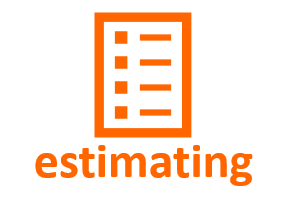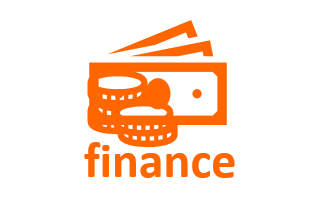BUSINESS BORROWING --
Alternative Funding Sources
The search for alternative funding can lead in many directions, but here are a few ideas to get you started;
From your Business Income Statement and Net Worth Statement
- This is your least-cost alternative.
- You have probably already done it, but look again at each line item to see if you can produce more cash from anywhere.
- Make sure you are maximizing your revenue consistent with sales volume.
- Make sure you are controlling materials and subcontractor costs.
- Sell off equipment you are not using productively.
- Sell or trade left-over inventory.
- Make sure your draw requests are bullet-proof so the bank or the buyer cannot keep bouncing them back to you;
- See if you can stretch out your accounts payable another 15-30-45 days without damaging your relationships;
From Your Buyers
- This is also a low-cost alternative.
- If you are building custom, encourage the buyer to pay each draw as the work covered in that draw commences.
- Explain to them that you are building the house to their specifications, and they should be more amenable to paying for each phase as it is being constructed.
- Take a look at your contract to determine if you can add a pre-payment clause to the terms.
From Private Investors
- Probably the highest cost alternative.
- These investors generally see themselves as needing to controlling any investment into which they put funds.
- Their reasoning is that "If the builder were running his business correctly, he wouldn't need our money. He needs our money, so obviously he needs our help running his business."
- They will want a piece of every house and a piece of your business as well. If you decide to go this route, keep them limited to a house or a number of houses at a time, not to your business entity.
From Angel Investors
- Otherwise known as Friends and Family, this alternative should have a relatively low dollar cost.
- However, this kind of money can be extremely expensive in terms of emotional cost. Think about sitting across the Thanksgiving table from someone who lost $25,000 in an investment with you.
- If you are certain about the sale of a home and just need bridge money, borrow here and pay back immediately upon closing.
- Keep any transactions with this group short-term (three months or less).
- Document, document, document.
- The old saying "When you marry for money, you earn every penny" applies here.
From Your Community
- Many communities have foundations or charitable organizations that have been set up to accomplish social or educational goals. Often, these includes housing-related matters. If the organization believes that the projects in which you are involved (low-income housing, senior housing, green housing, etc.) fit into their scope of interest, they may be interested in supporting your business.
- The key here is to be very flexible as to your needs until you discover what the organization is willing to offer. Any assistance they offer will have more to do with meeting their mission statement than with potential returns, so demonstrate to them how you can help them do that.
Thoughts About Alternative Sources for Funding
Each one of these parties have their own agenda and motivations.
- Buyers will look to cut a better deal for pre-payment, so know your costs and how much you can give in return.
- Private investors will be looking to maximize return and minimize risk. They are not called "Vulture Capitalists" because of their charity.
- Angels will be interested in a reasonable return, but will have emotional or empathetic reasons for investing as well.
- Community investors will seek to meet their charitable goals through an investment in your company.
Success in pitching your projects to these groups demands a recognition of their motivations and development of a proposal that addresses those motivations.
None of these avenues is mutually exclusive.
All will require that you present a lean organization that has squeezed all the fat out of operations before coming to them.
All will require financial statements that are understandable, coherent and tell a reasonable story. See the Nine Numbers™ for help with this.
Any of these financing alternatives will also be looking for their payout before, or at least, concurrent with yours.
















